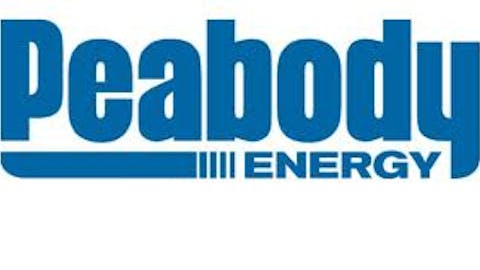The figurative cauldron containing recently revealed federal government shenanigans just might be overflowing. Indeed, some significant transgressions are now going essentially unreported.
You of course have heard about the IRS’s targeting of conservative groups for what I’ll euphemistically call special attention. Ditto the Justice Department’s violations of journalists’ privacy. And regardless of your political persuasion, you likely were taken aback last week by the news that the National Security Agency has possibly been collecting metadata records of your phone calls.
But I’m willing to wager that some Fools — who obviously constitute an attentive set — are unaware that the Environmental Protection Agency has also been discriminating against conservatives in the area of fee collections. Conversely, their liberal counterparts have been getting off scot-free. The fees have been tied to Freedom of Information Act requests by the media, think tanks, and non-profit activists. And, since no other government agency has a greater effect on fossil fuel companies, attention to EPA machinations should be de rigueur for energy investors.
The allegations of political favoritism within the agency are being investigated by the House Energy and Commerce Committee and the House Oversight and Government Reform Committee. The latter is also looking into the concurrent charges against the IRS. At the same time, Louisiana’s Republican Sen. David Vitter and California Republican Rep. Darrell Issa are demanding more information on the charges against the EPA from its acting administrator, Bob Perciasepe.

Fossil fuel companies and the EPA have hardly formed a mutual admiration society during the past four years. The Wall Street Journal maintained as much 18 months ago in an editorial precipitated by an interminable — and still ongoing — look into the possibility that fracking by EnCana Corporation (USA) (NYSE:ECA) has fouled the water table at minuscule (population 175) Pavillion, Wyo. As the paper observed: “The agency is dominated by anticarbon true believers, and the Obama Administration has waged a campaign to raise the price(s) and limit the production of fossil fuels.”
Given the EPA’s respective treatment of conservative and liberal groups, the duration of the Wyoming study, and the Journal‘s assessment of the agency’s attitude toward traditional fuels, it’s unlikely that hydraulic fracturing will escape further federal hindrances. That, despite a recent 16-month Pennsylvania study that found that fracking isn’t to blame for high methane levels in drinking water.
Coal in our stockings
Nevertheless, it’ll likely be a lifetime before the frackers are forced to contend with the level of regulatory impediments that have been hurled at coal producers. Indeed, the latter industry has been buffeted by numerous EPA regulations that have essentially knocked the skids out from under coal companies.
No one can say with certainty whether those strictures, which have been either proposed or fully implemented, are related to the president’s 2008 campaign promise to bankrupt the coal industry. Nonetheless, coal executives and Republican lawmakers are complaining of a “war on coal” by the EPA.
Don’t completely turn your back on coal
One thing is demonstrable: The coal companies have taken it on the proverbial chin from a share price perspective during the past few years. Whether solely from an EPA regulatory overload, or with the added effects of an increased availability of cleaner-burning natural gas, even the biggest of the coal companies, Peabody Energy Corporation (NYSE:BTU), has seen its share price plummet by about two-thirds in just the past two years.
That, perhaps somewhat surprisingly, is not to indicate that I’d steer clear of the St. Louis-based company. After all, Peabody Energy Corporation (NYSE:BTU) has mining interests in Australia and Venezuela — in addition to the U.S. — and is involved in export agreements with India and China, and the European Union. It thereby stands to become increasingly well-positioned to circumvent the EPA’s heavy hands.
An even more insulated coal producer is mining giant, BHP Billiton Limited (ADR) (NYSE:BHP), which conducts major energy coal operations in Australia, South Africa, the U.S., and South America. Further, its metallurgical coal activities include 11 existing and two green-field mines, all in Australia. However, even more important from the perspective of immunity from coal fluctuations are the company’s other mining ventures, which include most minerals from alumina to zinc.
For virtually identical reasons, the other Anglo-Australian mining behemoth, Rio Tinto plc (ADR) (NYSE:RIO), also warrants monitoring. A producer of thermal and coking coal, the company operates virtually worldwide in also turning out copper, gold, diamonds, titanium dioxide, and a host of other commodities. It’s worth noting that all of the analysts who follow the company rate it at least a buy.




